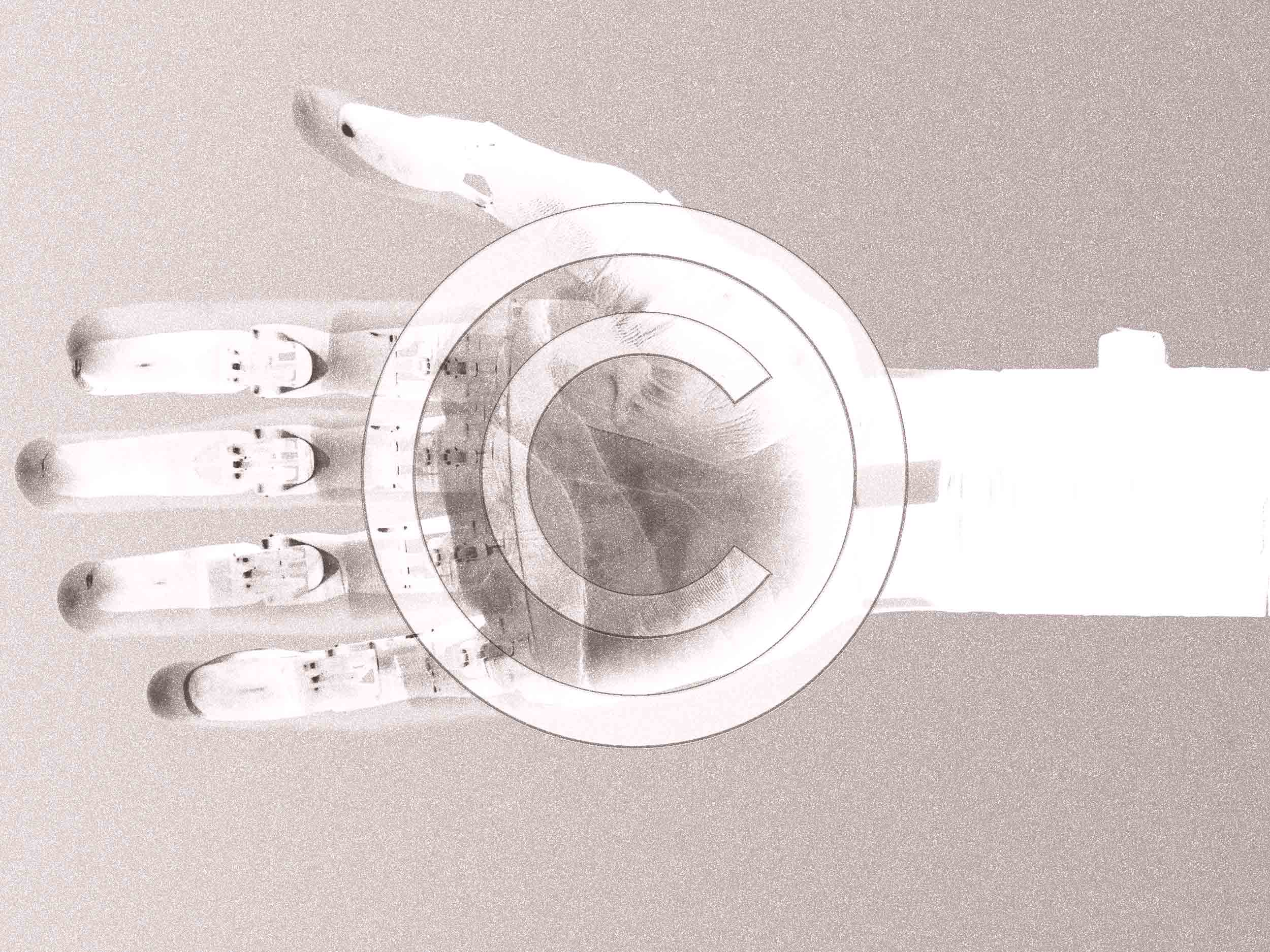Amidst SAG-AFTRA and WGA strikes, last week’s ruling indicates a sea change in the AI intellectual property debate
“Do we want rules where you can own what comes out of artificial intelligence? Or do we want rules that only protect very traditional, human artworks?”
This is a question posed by Ryan Abbott, the lawyer representing Steven Thaler—an inventor who sued the director of the U.S. Copyright Office after it repeatedly rejected his request to issue protections to his AI-generated artwork. Created in 2012 using a self-designed program, Thaler’s A Recent Entrance to Paradise—an image of a pixelated train track surrounded by lush purple and green foliage—predates the recent AI boom; his claim was also unique in that he listed his own AI system, the Creativity Machine, as the artwork’s maker, arguing that the copyright should be issued and then transferred to him as its owner.
Thaler’s attempt to secure protections for AI-generated artwork was dismissed last Friday by federal judge Beryl Howell, who stated that human authorship is a “bedrock requirement” of copyright. Another artist, Jason M. Allen—whose image Théâtre D’opéra Spatial won the Colorado State Fair’s annual art competition, prompting backlash from human artists—was also denied copyright, and is launching an appeal.
Artists accusing OpenAI of training its algorithms on copyrighted work are on the other side of the battlefield: from the comedian Sarah Silverman, who filed a claim against Meta and OpenAI for training generative models on her writing in July, to the group of artists suing Stability AI for appropriating artists’ work as part of their dataset. Even the stock image giant Getty Images issued a suit, alleging that while it “believes artificial intelligence has the potential to stimulate creative endeavors,” Stability AI did not pursue proper commercial licensing to use its images.
New intellectual property debates have also spread across other creative industries as generative technology advances—and amid ongoing SAG-AFTRA and WGA strikes, this court decision has the potential to shift the conversation around AI by indicating that Hollywood studios would not be able to copyright AI-written projects. While this ruling doesn’t necessarily mean that other artworks produced with AI will never be eligible for such protections, it suggests that the courts are in no hurry to upend prior policies around works created by nonhuman entities—upholding the decision previously made by the U.S. Copyright Office, and noting that human creativity has long been at the heart of copyright law. “In the absence of any human involvement in the creation of the work,” Howell wrote, “the clear and straightforward answer is the one given by the Register: No.”







